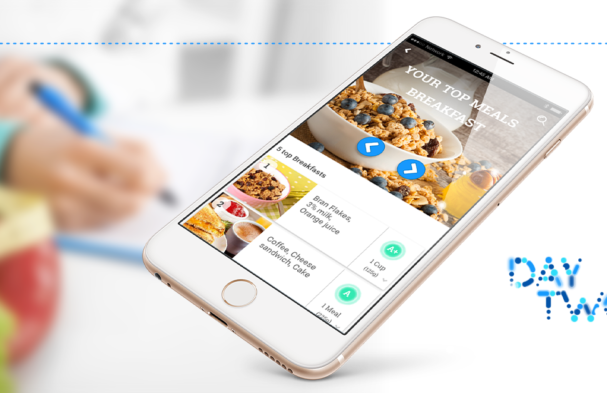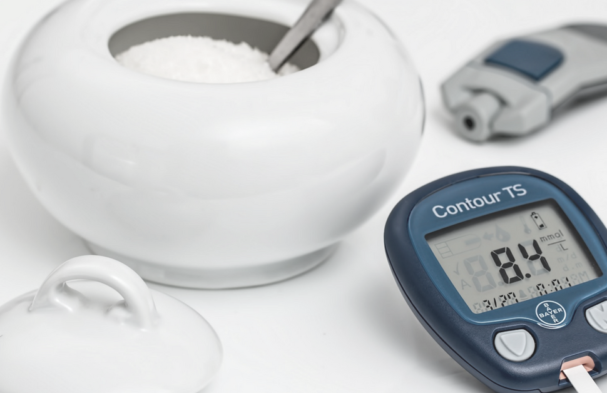
Omri Casspi is not only a seasoned NBA basketball player and NBA champion with the Golden State Warriors, but a legend in his home country Israel. Returning home to play for Maccabi Tel Aviv and bring another championship in blue & gold (like the Warriors) seems to be impressive enough, but this only part of what makes him a superstar.
Casspi became interested and active in the startup scene as part of his determination to become not only an outstanding athlete but also to contribute to reducing chronic disease and specifically becoming a leader in the fight against the worldwide diabetes epidemic.
With the upcoming basketball season just around the corner, Omri’s microbiome-enabled, glycemic control (blood-sugar control) startup DayTwo prepared a surprise congrats for him.
We thought the only connection between basketball and diabetes was his involvement in the company, but as it turns out there are quite a large number of similarities between basketball and diabetes! Yes, you heard correctly – this popular sport and chronic disease have a lot in common – check it out!
Well, that was fun… what the hell does any of that have to do with diabetes or basketball though? We set out to do the hard work for you – behold your bball-etes lexicon:
Baseline
After our sugar rises, it should ideally normalize slowly. When it reaches that point of normalcy (where we started off before the spike), we’ve gone back to baseline. Hey – baseline – isn’t that the end line that marks the boundary at the end of the basketball court?
“Hey Sugar”
Talking trash on the basketball court isn’t as sweet as it sounds. Keep it cool guys.
Peak Action
When blood sugar levels are rapidly on the rise, at the highest point, insulin has the strongest effect. When you’re watching a game on TV and your head is moving left and right at the speed of light during an incredible fast break – we can say that’s when basketball players are at peak performance, playing at their best level during the game.
Stay Balanced
Eating food combinations that are right for your body will help avoid the ups and downs in sugar levels and keep you in balance. Athletes need to keep their balance and stay on their toes since the basketball court can be pretty rough, and being quick on their feet is essential.
Adrenaline
If you’ve ever watched a basketball game, it’s hard to miss the feeling of adrenaline taking over the stadium. Adrenaline, a stress hormone, can also cause blood sugar levels to skyrocket.
Toilet Bowl
Isn’t it mesmerizing when the ball hits the rim of the basket and slowly circles around and around and around for seconds that feel like hours until it finally lands inside the basket or not?
A toilet bowl comes in handy when collecting your stool sample to get your gut microbiome profiled by DayTwo in order to predict your post-meal glucose responses.
Rebound Effect
When blood sugar levels drop at night time, this can result in a rebound effect and bring them up the next morning. In basketball, a ball or shot that strikes the rim or backboard and a player catches is a rebound. Rebounds are critical to winning in basketball and diabetes.
Mid-Range
For people with diabetes, it’s extremely appointment to keep blood sugar levels in range, or midrange, which also happens to be a specific shot in basketball, where the player aims outside the line but within the three-point arc.
Up and Down
Dribbling the basketball, bouncing the ball up and down against the court, is critical to the action and winning the game. For blood sugar levels, it’s the opposite since people need to avoid ups (highs) and downs (lows) to maintain energy, reduce cravings and be healthy.
Pass it on!
Teamwork is an essential part of getting the ball in the basket. Without keeping your eyes up and seeing who is open for a shot , you miss out on being a real play maker and game changer.
Checking in with your own personal “team” – whether it be friends or family – and passing on the message of maintaining normal glucose levels and leading a healthy lifestyle can be an even greater game changer.


